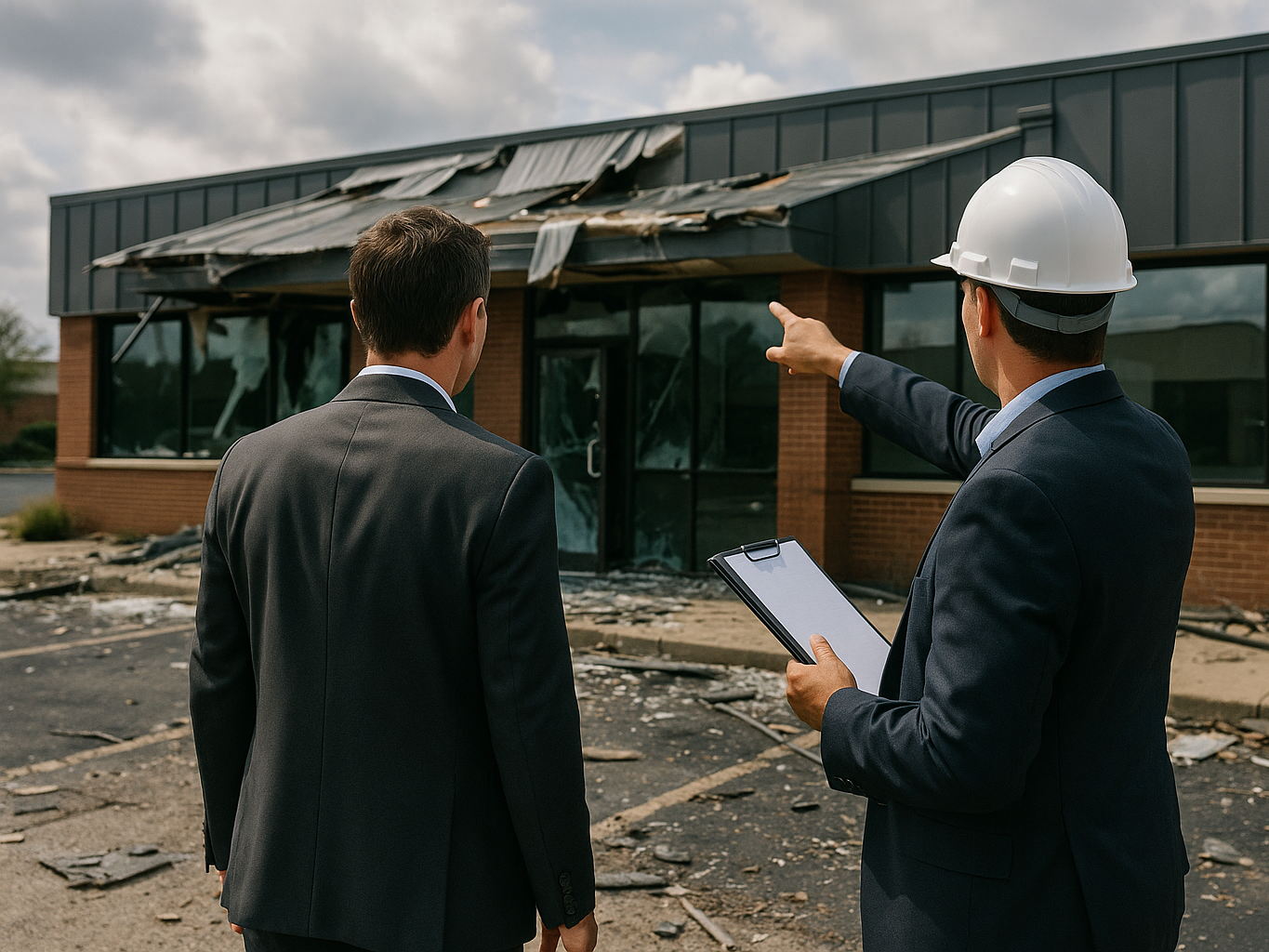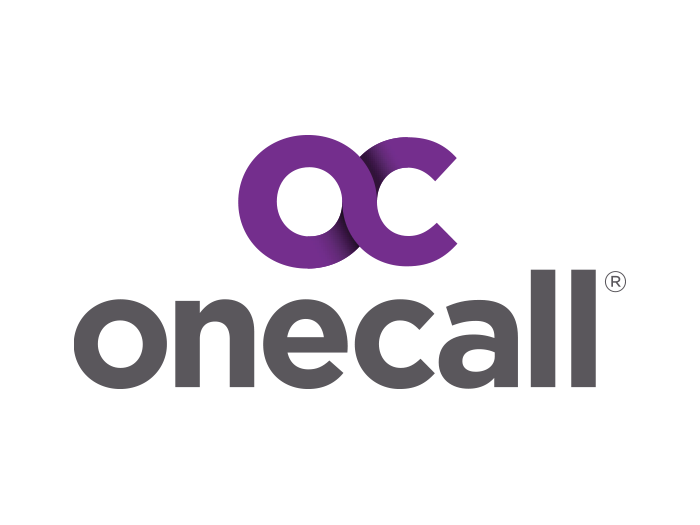How Best-in-Class Contractors Win the Trust of Surety Carriers

To win bids on big projects, construction companies first need to win the trust and support of a surety carrier.

Ed Titus, SVP, surety, Philadelphia Insurance
A surety bond not only protects project owners and investors from financial loss, but provides reassurance that the work will be completed and meets the high standards for quality and timeliness. Carriers aren’t going to provide a financial backstop for entities they believe will fail, after all.
Potential changes on the horizon will make a strong relationship with a surety carrier even more critical for construction firms. Ed Titus, SVP, surety, for Philadelphia Insurance, shares his perspective on what’s in store for the construction industry and what it means from a surety perspective:
R&I: What’s the outlook for U.S. construction over the next few years?
Ed Titus: The economic environment is an important determinant of construction activity. We’ve been on a nine-year economic expansion, which is about twice as long as the typical expansion. You always have to step back and ask, “Okay, when will this start to turn south?”
The AIA Consensus Construction Forecast Panel has projected slowed growth in nonresidential construction spending in 2020 — 2.4 percent growth compared to projected 4.4 percent growth for this year. Past 2020, we may have some significant head winds coming at us. There are projected downturns in key international economies which will impact the United States general economy.
But there are positives as well. Housing starts have been up over the last several years, and that usually spurs economic spending on institutional activity. There’s also the potential infrastructure program proposed by the current administration that’s being discussed in Congress. If that comes to fruition, it will provide a big boost in jobs and revenue. Unfortunately, that conversation has been drawn out over many years.
Overall, we’re looking at growth through 2020, even if slowed, and some challenging conditions after that. That being said, there have always been cycles in construction, as there are in the insurance industry, and the economy in general. The concern for companies should not be the potential downturn itself, but rather how well they can manage through the cycle.
R&I: As a surety provider, how do you judge whether a company is prepared to manage through the cycle?
Titus: First and foremost, we look at the strengths of the leadership team , planning and project management. Over the next two years, what are the company’s objectives? How do they plan to achieve them? Have they been adept at executing their business plans in the past and delivering profitable results?
Leadership should have a sense of which projects they want to pursue over the next one to two years. If they win those bids, they should have plans for how they’ll manage their available workforce, equipment, project management team and overall systems to meet the needs of their backlog. There should be regular tracking of their progress toward monthly and annual goals.
The character and strength of the leadership is critical from a standpoint of a surety relationship, and we look at that very closely.
In an economic upswing, rapid growth can stress systems and controls, so it’s important to stay disciplined and not take shortcuts in your business practices to accommodate growth. Successful project management is gauged by consistency in delivering a profit. There’s always a chance you’ll run into unforeseen problems on a project, and not every job will turn a profit, but maintaining discipline in your planning and controls should help achieve a positive margin over the long term. That also applies during an economic downturn. Developing granular plans and sticking to them is key to achieving consistent results even amid decreased demand.
The character and strength of the leadership is critical from a standpoint of a surety relationship, and we look at that very closely.
R&I: Given the labor challenges in construction, how do you assess the strength and quality of a company’s workforce?
Titus: It’s no secret that the workforce is aging. People are retiring and the industry has to attract new workers. Successful contractors have a pool of labor at the ready including specialists like carpenters, electricians, equipment operators and so on. Without that qualified workforce, it’s very difficult to be successful on a long-term basis, so building a talented labor pool is also a critical component of managing market cycles.
If you’re growing by 20 percent, where are you getting the workers for those projects? We always ask that question before issuing a surety bond. And we like to see companies who are actively recruiting the next generation of construction workers from trade schools. During a downturn, we look to see that companies are managing their labor cost without sacrificing quality and safety, and that often goes back to effective planning — bidding on those projects you are confident you have the staff and the expertise to execute.
R&I: If a downturn happens, contractors may bid on projects outside of their region niche to stay competitive. What are the risks of geographic expansion and does that impact how you evaluate a construction company?
Titus: From a geographic expansion standpoint, companies may see an opportunity to bid on a project four or five states away that fits into their niche. Lack of familiarity with the local geography, workforce, and regulatory environment, however, could be the project’s undoing and ultimately the construction company’s undoing.
If work is slowing down in your region and you see opportunity in another area, it can be very tempting to overstep the boundaries of your geographical knowledge. It’s very important to team up with an entity with intimate knowledge of the local market. This ties back to strong leadership, planning and workforce management. You can’t engage the best subcontractors, source the best materials, or deliver profit on a project if you don’t know the market.
A company may be doing everything right, but getting connected to the right surety carrier really depends on having an experienced surety agent who understands what carriers are looking for and understands the construction company’s business and objectives.
This will also apply if the funding for infrastructure projects comes through. Public-private partnerships have become a popular model to tackle these big projects, and more opportunities may present themselves for private contractors to bid on cross-state projects. We always look to see that a company is being very careful about entering new regions. We have to see that they’ve established a local connection.
R&I: How do construction companies get connected with the right surety carrier?
Titus: Working with an experienced surety agent is critical. A company may be doing everything right, but getting connected to the right surety carrier really depends on having an experienced surety agent who understands what carriers are looking for and understands the construction company’s business and objectives.
The connection between contractor, surety agent and surety carrier is intimate; you’re dealing with financial results and projections, potential cashflow, analysis of profitability on individual projects. The agent helps to communicate the construction company’s strengths in those key characteristics: leadership, planning, project management and workforce management. Construction companies need that regardless of whether the market is on its way up or down. &










